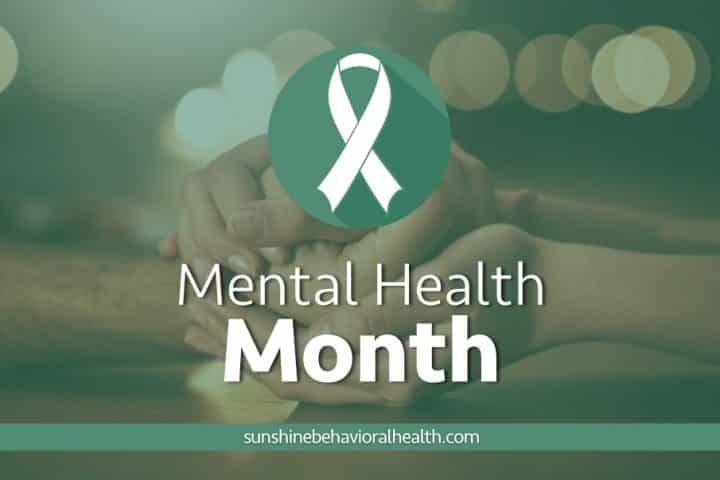
Don’t Distance Yourself from Asking for Help If Self-Isolation Has You Down
One huge change since the World Health Organization (WHO) declared COVID-19 a global pandemic is this new sense of isolation. In much of the U.S. for the last several weeks, people have been urged to quarantine, shelter-in-place, or practice social distancing in an effort to stay symptom free or to avoid spreading the coronavirus to others. Most people are social animals, however, and we like to gather. But for many of us right now, a night at the movies or a day of leisurely shopping is simply out of the question. And never mind how the shutdowns have led to staggering unemployment claims. That’s another pain all too many are experiencing. Since most U.S. states have effectively shut down and pushed social distancing, we’re for the most part hiding behind masks and keeping a cautious six feet away from everyone. Inhabitants of a house with several people isolating in place may crave a little me-time, but for many, the fear of contagion, the pangs of feeling alone or stranded, or struggles due to a sharp cut in income can bring on many, many anxieties, all linked to one mysterious and mean little virus. SAMHSA (Substance Abuse and Mental Health Services Administration) says any of the following are normal while distancing, quarantining, or isolating:- Fears for your health or for the health of loved ones
- Worries that you may have the virus asymptomatically and spread it to someone else
- Budget concerns over job loss or reduced work hours
- Anxiety about shopping for necessities
- Depression
- Stresses linked to caring for loved ones
- Concern about the future
- Anger about other people’s behaviors (anger about not wearing masks, or protests, or conspiracy theories)
- Loneliness because socializing has slowed to a frozen crawl
- Cabin fever from being bored or feeling stuck in one place
- Desires to escape via drugs or alcohol
- Post-traumatic stress disorder (via nightmares, anxiety attacks, startling easily, etc.)
- Keep informed, but tune out now and then. Take walks, read a book, meditate. Do something that provides a temporary respite.
- Take care of yourself: exercise, get plenty of sleep, try to eat a healthy and balanced diet.
- Stay in touch with others. Make time to speak to loved ones or friends remotely, or reach out to a mental health professional if things are overwhelming.
A Message From Our CEO
Medical disclaimer:
Sunshine Behavioral Health strives to help people who are facing substance abuse, addiction, mental health disorders, or a combination of these conditions. It does this by providing compassionate care and evidence-based content that addresses health, treatment, and recovery.
Licensed medical professionals review material we publish on our site. The material is not a substitute for qualified medical diagnoses, treatment, or advice. It should not be used to replace the suggestions of your personal physician or other health care professionals.





